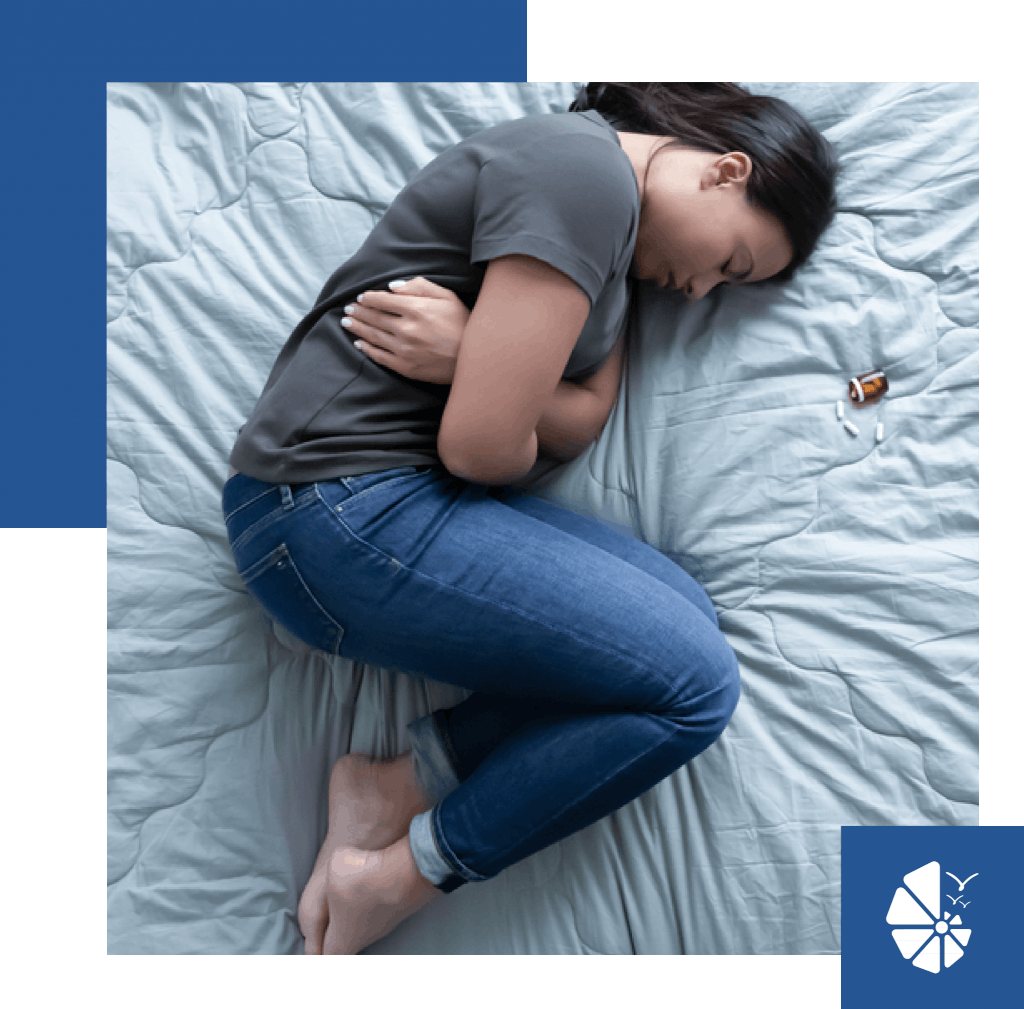- (213) 527 3377
- info@oceanica-usa.com
- Av. Ernesto Coppel Campaña 4924, Cerritos Resort, 82112, Mazatlán, Sinaloa


Withdrawal symptoms are increased anxiety, insomnia, irritability, nausea, headache, muscle tension, tremors, palpitations, and mood swings. In this way, and trying to avoid going through this process, the uncontrolled use of the drug is resumed. So, it starts with the process of physical and mental dependence.
Examples of medications with a high risk of dependence are opioids, benzodiazepines, some sleep aids, and pain relievers.
Drug addiction (drug dependence) can occur quickly. For this reason, anyone who requires prolonged treatment with medications that can cause support must be cautious. It is essential to follow precisely the instructions of the treating doctor. Otherwise, there is a risk of developing chemical dependence.
Es importante mantenerse alerta a los posibles signos de dependencia o abuso de medicamentos, para de esta manera lograr interceder a tiempo.
Una vez identificado el uso desmedido de medicamentos, es importante acercarse a un experto de la salud con experiencia en el tratamiento de adicciones.
Contact us. A health advisor will be able to guide you and provide you with the information you need to support your decision.

Oceánica has 30 years
of experience treating addictions and other emotional disorders.